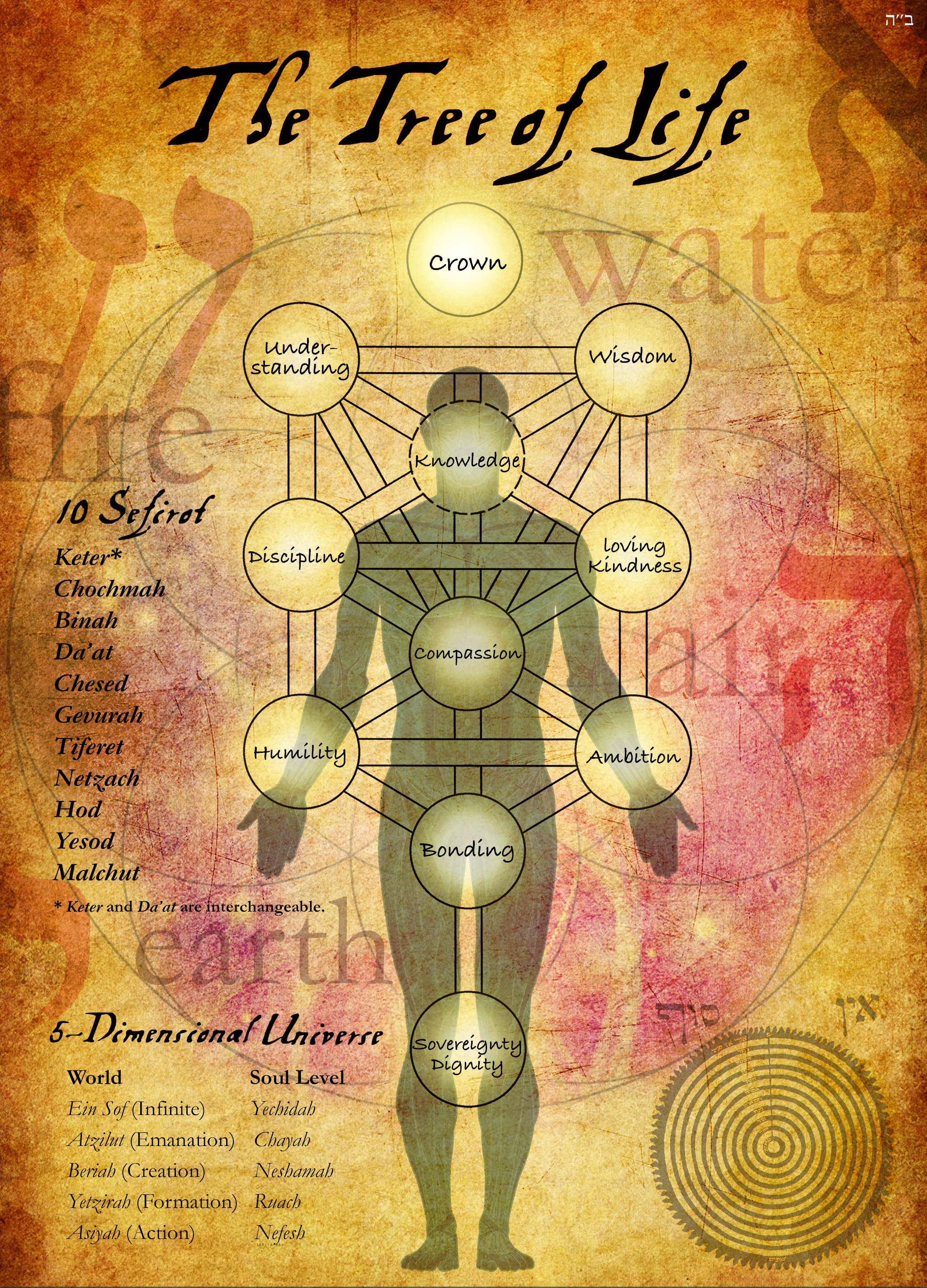The word “trust” is used commonly, but what does it mean? Is there a spiritual dimension of trust? Here is a short summary — a bird’s eye view — of the spiritual basis of trust, based on the 4,000-year-old Kabbalistic tradition. It comes down to three fundamental concepts:
Accountability
Trust is the single most important ingredient in any true communication; it creates the fertile ground for all relationships. That doesn’t mean that the people we trust are perfect. What it means is that they are accountable. Trust is based not on perfection but on accountability.
Trust Takes Work
Trust is tool, a resource, a faculty of the soul. But it needs our work to uncover its power. Obviously, trust needs to be earned (and we can’t be naive and trust anyone that comes our way). But we also have to not be afraid to trust others (even if we have been hurt and our trust was violated in the past) and must make an effort and discover the power of trust in our souls. And when we find trust in our lives — when we learn to trust others and we when others can trust us — our lives are immeasurably improved, and trust can change the course of our destinies.
Beyond Positive Thinking
Trust is not just being at peace with any given situation because you believe in a Higher Power and His plan. Trust is actually the certainty that you can change destiny. In the words of the Tzemach Tzedek, a great mystic and teacher, to someone in need of healing: “Think good and it will be good.” Not just “think good” period. Not merely positive thinking. But that by thinking good “it will be good.”
Trust is the absolute conviction that goodness will prevail, and that we have the power to make it happen. This conviction comes from the innermost recesses of our souls.
Exercise: Find an issue in your life in which you can “think good” about? Envision a good outcome, and cultivate your trust that it will actually come to be. Journal about it in your MyMLC journal.
Go deeper into this subject: Gentleness | Trust & Self-Interest | On Faith & Trust | How to Feel Secure In a Climate of Fear | Strength In Vulnerability |
SOULGYM I MASTERCLASS
Live with Rabbi Simon Jacobson
5 Ways to Build Trust
Wednesday, March 13, 2024 @8:30pm
Live Stream | Podcast









If it does not make sense then it cannot be applied to your life. Thus if you don’t understand something then it is as if it doesn’t exist to you.
Make sense or there is no real reason to communicate at all.
Trust comes from understanding.
Understanding comes from thinking and reasoning it out.
The opposite is also true;
Mistrust comes from confusion.
Confusion comes from not figuring it out so as to be able to apply it to your life.
Trust, there’s the word, in print, we can see it, the word, yet what it conveys we can not touch, see, smell, nor hear. It’s got those things in common with love, with faith, and of course with Hashem. When we accept that just because something does not have a form of any kind, that doesn’t mean that it doesn’t exist, that it isn’t valid or very real. Once we quit trying to understand Hashem, and just “roll with it”, take our heading from the Torah & the oral law, life is so much more uncomplicated.